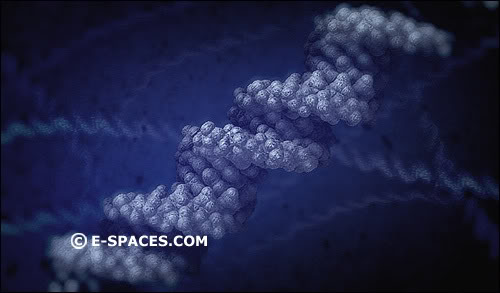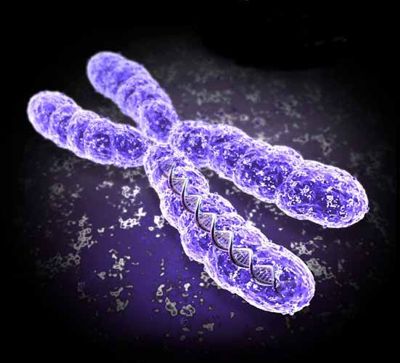Ethical Issues involving Gene Therapy...
Many do not doubt that there would be a lot of social and economical change that successful gene therapy treatment could bring to the future. First of all, the total cost for many countries of the currently available long-term symptomatic treatments is a extremely high and sometimes even frustratingly ineffective. With gene therapy innovations come the impact of quality of life of both patients and families, which could ultimately increase. Also, these treatments could provide lower costs for public health systems. Gene therapy can help the way people deal with the fear of disease, making some big impacts in the areas of cancer, diabetes, cardiovascular disorders, and AIDS.
There would be more opportunities for employment if people got more into the research and testing of gene therapy and it could benefit the competiveness of worldwide biomedical industry leaders, leading to cooperation between industries and universities to try and help develop the technology. Gene therapy could become a way of life. |  |
However, one of the problems with gene therapy falls into the category of regulation. Who would regulate the research of gene therapy and to what extent does gene therapy go too far? Many agree that it would be best that government or industries develop means of regulating this innovation so that risks could be minimized. Whoever this regulator might be, it’s important for people to remember that regulation is just for maintaining the safety of individuals who would be undergoing the treatment of gene therapy. Knowing this, the marriage of legislation and genetic procedures must be put in the realm of intensely important for all the nations leading the way for gene therapy. This is in the best interest of patients and society as a whole. The biggest tragedy would be the possible feud between competing powers over the control of gene therapy regulation, because in a way this would mean we lost sight of what gene therapy really stands for, the bettering of the world to help those who we once believed couldn’t be cured and couldn’t be able to live a normal life.
 |
An innovation like this could result in goodness, but when there’s a good side to something, there’s usually always a bad side. Gene therapy could come out being abused and could have far-reaching and wide consequences. One argument could be that enhancing human capabilities is coherently wrong. Another argument could say that the longevity of humans shouldn’t be tampered with to this much extent because it could possibly it just shouldn’t be done, that perhaps it could alienate those who are considered only average from those who have been what some would call “perfected”. There are even religious standpoints that say God’s work should not be tampered with, and this includes the altering of human genes. As a whole, it could be said all of these ideas have issues with the alteration of our human identity, and that this should be stopped from happening. There has to be a line drawn between human suffering and pain and moral conflict. Gene therapy could be made into a wonderful thing, or a monster, but this is kind of the situation with all things we encounter in a lifetime. |